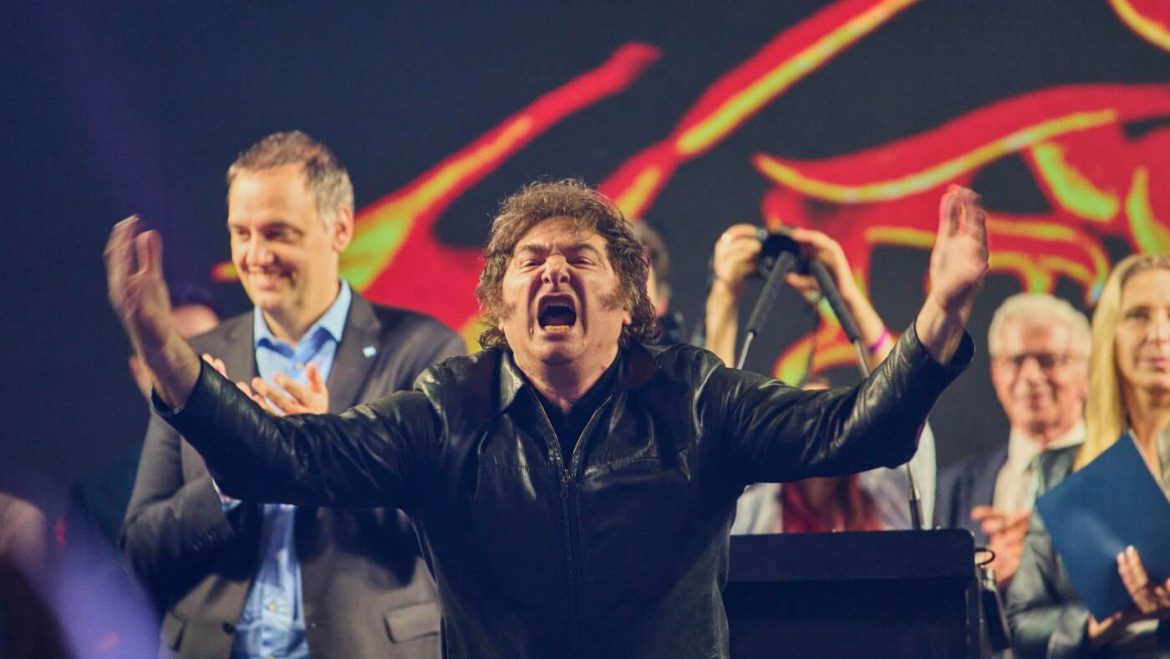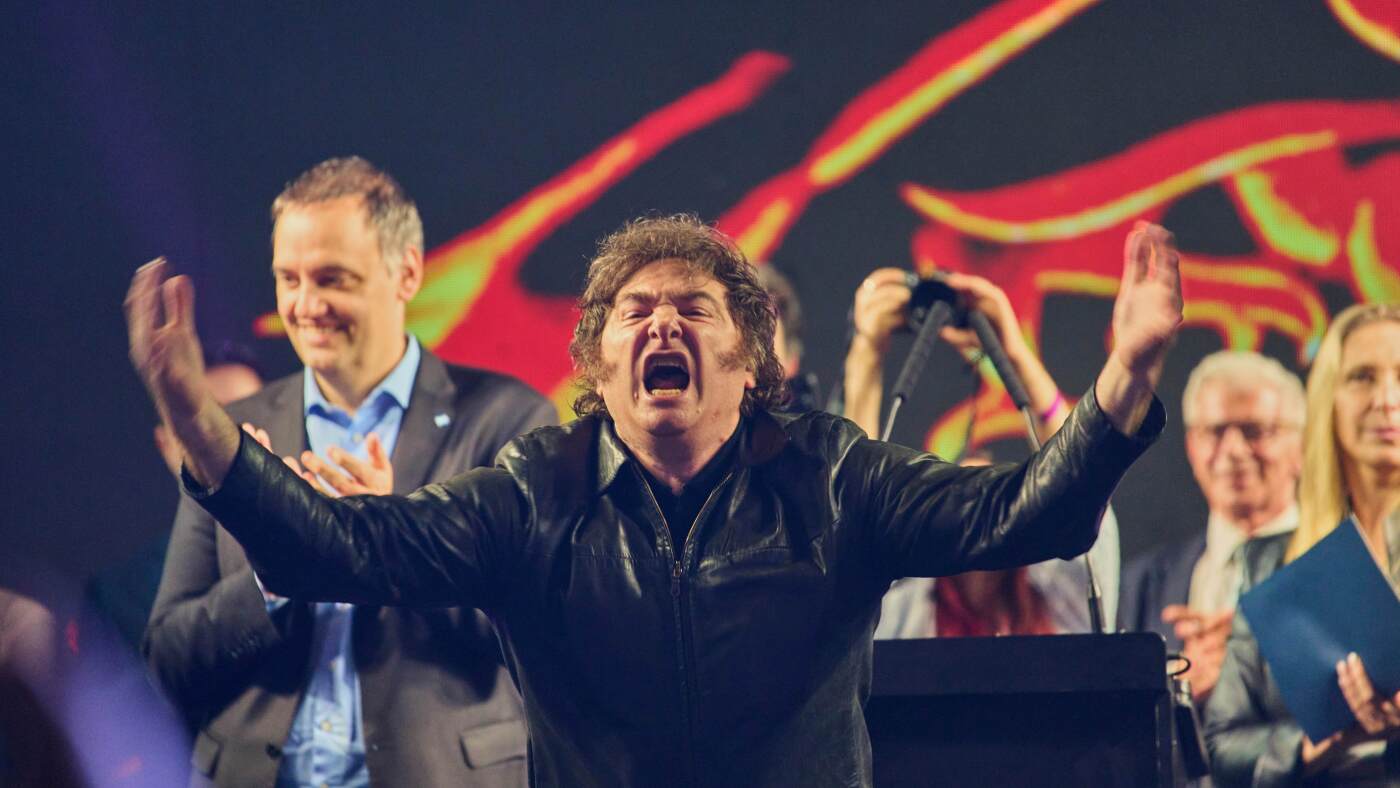Immigration Crackdown in Argentina: A New Direction Under President Javier Milei
Argentina, historically known for its welcoming stance toward immigrants, is witnessing a significant shift in its immigration policies under the leadership of right-wing President Javier Milei. The recent decree issued by President Milei marks a decisive crackdown on immigration, signaling a new era aimed at reshaping the nation’s demographic and economic landscape.
—
Context and Content of the Decree
On May 14, 2025, President Javier Milei introduced an executive order that tightens immigration controls in Argentina. This decree restricts the criteria for citizenship and residency, requiring immigrants to meet more stringent standards. One notable change is the requirement for immigrants to spend two uninterrupted years residing in Argentina or, alternatively, to demonstrate substantial economic contribution to the country. This marks a departure from previous more lenient policies that facilitated relatively easier pathways to citizenship and residency.
The timing of this decree aligns with a broader global trend of tightening immigration controls observed in various nations. It mirrors, in style and substance, some of the immigration restrictions implemented by the Trump administration in the United States. Milei’s administration has openly embraced comparisons with these American policies, with presidential spokesperson Manuel Adorni explicitly referencing the sentiment to “make Argentina great again,” echoing the rhetoric formerly popularized in the U.S.
—
Political and Social Motivations Behind the Crackdown
President Milei’s move comes amid a political climate heavily influenced by right-wing ideologies that prioritize national sovereignty, economic protectionism, and cultural identity. The decree reflects a belief within Milei’s government that uncontrolled or excessive immigration might strain public resources, affect job markets adversely, and challenge national cohesion.
Although Argentina has experienced episodes of xenophobia and restrictive measures during times of economic or social turmoil in the past, the nation traditionally prides itself on being a melting pot of cultures and a land of opportunity for immigrants worldwide. Historically, Argentina welcomed significant waves of immigrants from Europe, neighboring South American countries, and beyond, which profoundly shaped its cultural and economic development.
However, under Milei’s leadership, the narrative has shifted towards viewing immigration through a lens of urgency and control, emphasizing the need to “honor our history” while recalibrating policies to match current challenges. This political posture appeals to a segment of the Argentine populace concerned with economic uncertainty, unemployment, and perceived threats to cultural identity.
—
Implications of the New Immigration Policy
The decree’s impact on Argentina’s social fabric and economy is likely to be multifaceted. On one hand, stricter immigration rules may alleviate some pressure on jobs and public services in the short term, appealing to domestic constituencies worried about competition. The requirement for immigrants to demonstrate uninterrupted residency or significant economic input aims to ensure that newcomers contribute positively and substantially to Argentine society.
On the other hand, these restrictions risk alienating immigrant communities and could slow down immigration flows that have historically bolstered Argentina’s labor market, cultural diversity, and demographic growth. Immigrants have often filled critical roles in various sectors of the economy, including agriculture, industry, and services. Reducing new arrivals might affect these sectors, potentially hindering economic dynamism and innovation.
Moreover, the crackdown could provoke social tensions. Argentina’s long tradition as a destination for immigrants rests on a legacy of inclusivity; turning away those seeking refuge or opportunity might spark backlash among human rights advocates and immigrant groups. It also places Argentina at odds with other Latin American countries that maintain comparatively open immigration policies.
—
National Identity and the Global Context
Milei’s invocation of the phrase “make Argentina great again” explicitly ties the country’s future greatness to immigration control, signaling a nationalist framing that prioritizes an Argentine-first perspective. This messaging resonates with similar populist movements worldwide that link national prosperity to border security and cultural preservation.
Argentina’s approach must be understood within the global milieu where migration patterns have become a contentious political issue, often influenced by economic disparities, political instability, and climate change. Countries worldwide are debating the balance between openness and control, often with divergent priorities and outcomes.
—
Conclusion: A Pivotal Moment for Argentina’s Immigration Policy
Argentina’s new immigration decree under President Javier Milei represents a sharp pivot from its historically open immigration tradition toward a more restrictive, nationalist approach. This policy shift intends to protect economic interests and national identity but risks undermining the very diversity and dynamism that have been pillars of Argentine society.
The decree’s long-term success will depend on how well it balances these competing priorities: safeguarding economic stability while maintaining the benefits of a diverse and vibrant immigrant community. As Argentina embarks on this new chapter, it faces critical questions about its identity, values, and place in an interconnected world. How it navigates these challenges will shape the nation’s trajectory for years to come.


